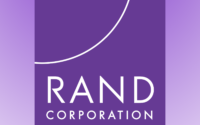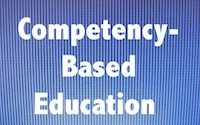
RiPLE: Recommendation in Peer-Learning Environments Based on Knowledge Gaps and Interests
Various forms of Peer-Learning Environments are increasingly being used in postsecondary education, often to help build repositories of student generated learning objects. However, large classes can result in an extensive repository, which can make it more challenging for students to search for suitable objects that both reflect their interests and address their knowledge gaps. Recommender […]















